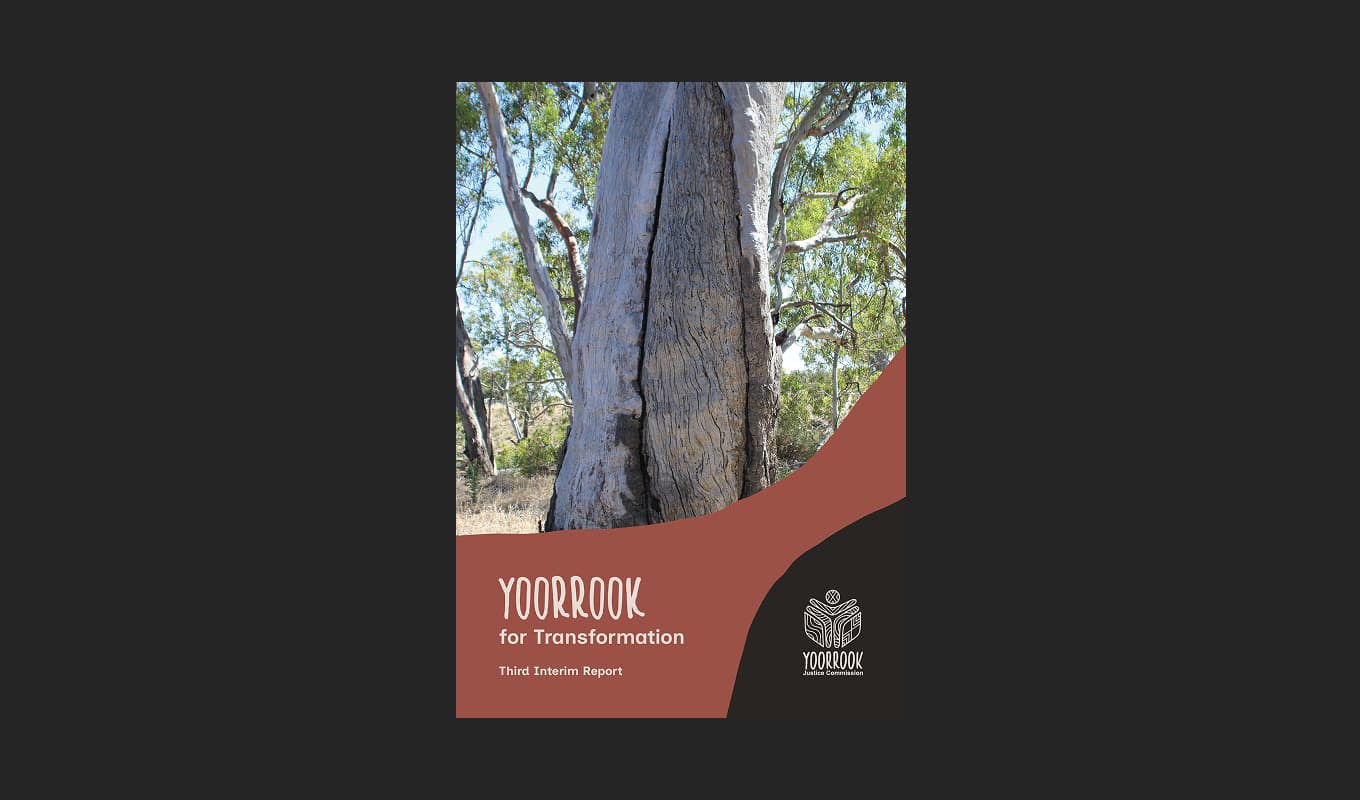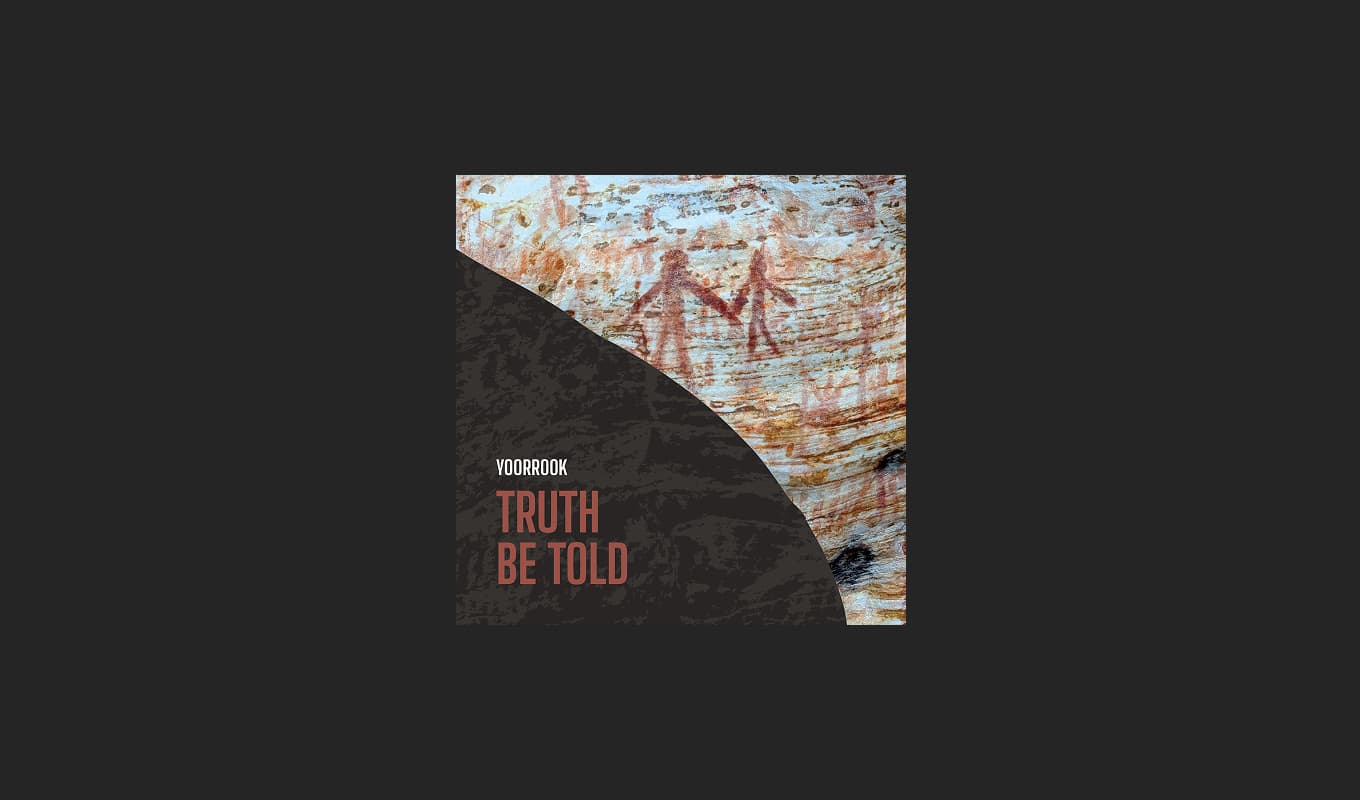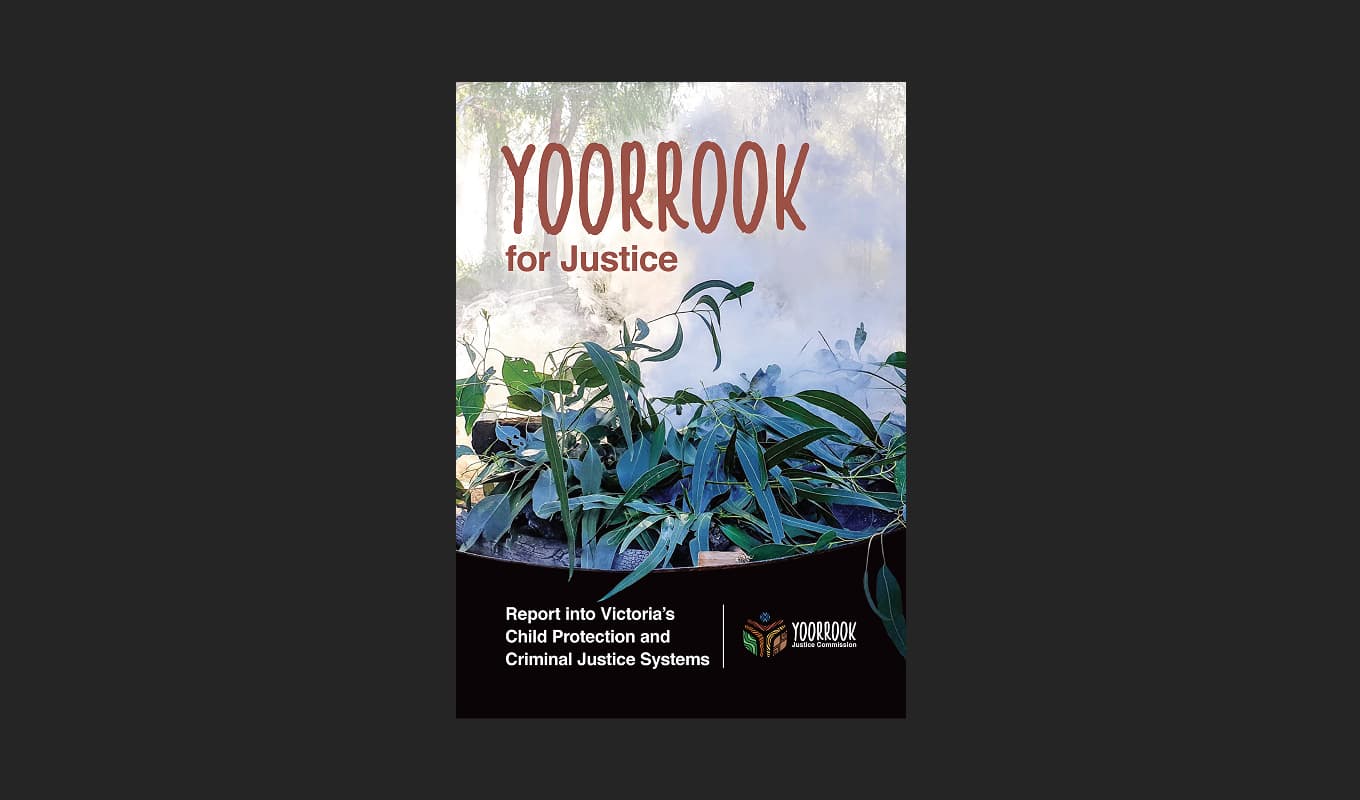Elizabeth Wheeler
Elizabeth Wheeler discusses how colonisation devastated First Peoples, with ongoing systemic racism and widening disparities in health, education, and housing. Elizabeth's education on their history was lacking, and she reflects on how real reform is needed, including implementing the Yoorrook recommendations and protecting cultural heritage. She calls for truth-telling, challenging racism, and greater recognition of Aboriginal culture and history.
Submission Transcription
Colonisation has destroyed this land and shattered the health and wellbeing of First Peoples. From poisoning to massacres, deliberately introduced diseases through to intentional addiction, stolen children and stolen wealth, the impacts of colonisation began when the First Fleet arrived and continue to this day. First Nations children are disproportionately represented in out of home care, as are First Nations adults in prisons, due to racist systems of child protection and policing. The gulf between Aboriginal and non-Aboriginal people in terms of health outcomes, education, employment, and access to safe and appropriate housing is widening.
I was in primary school in the 1970s and high school in the 1980s. I remember an Aboriginal dance troupe that used to perform at my primary school. I think we learned about boomerangs. That’s it. “Not comprehensive” doesn’t even begin to describe the dearth of education that I had about First Nations history and culture.
For starters, I would like to see the Victorian Government accept all of the Yoorrook recommendations! To me, that is a fundamental way to demonstrate the beginnings of understanding, and to show respect for First Peoples cultures. I have a particular interest in the rights of Aboriginal children to have a continuous connection with kin, culture and Country. I would like to see all Child Protection Workers receive deep and ongoing opportunities to understand – from the perspectives, voice and experiences of Aboriginal people – the impacts of colonisation on Aboriginal families. This necessitates systems of reflective practice that privilege Aboriginal people’s voices and narratives. Too often, the Victorian Government has paid lip-service to treaty on the one hand while acting against First Nations people and culture on the other. Not supporting the raising the age of criminal responsibility to 14 across Australia was a disappointing and racist act. Cutting down the sacred trees of Djab Wurrung people was another shameful act, and deeply disrespectful. Regardless of the fact that some Aboriginal people said the trees were not sacred, when it became clear that they in fact were, the Government needed to listen and respect Djab Wurrung voices and culture. Instead, they dug in and destroyed precious cultural heritage. This kind of hypocrisy needs to stop. We need government to model understanding and respect, from the top down. I also feel that government representatives making genuine Acknowledgements of Country, rather than their current formulaic by-rote approach would be a positive way to show respect for First Peoples culture.
We can listen. We can reflect both on how we have benefited from the theft of First Nations land, as well as about what colonisation has taken from us (forests, grasslands, clean waterways, clean air, a safe climate). We can look honestly at our own prejudices and assumptions, and accept feedback about them from First Nations people. We can take responsibility for speaking up and out against myths and racism, and in favour of land and justice for First Peoples. We can act in solidarity and give support to First Nations people who are advocating for themselves and their communities – in the streets, in policy settings, in courts and within systems such as Child Protection.
We can listen. We can reflect both on how we have benefited from the theft of First Nations land, as well as about what colonisation has taken from us (forests, grasslands, clean waterways, clean air, a safe climate). We can look honestly at our own prejudices and assumptions, and accept feedback about them from First Nations people. We can take responsibility for speaking up and out against myths and racism, and in favour of land and justice for First Peoples. We can act in solidarity and give support to First Nations people who are advocating for themselves and their communities – in the streets, in policy settings, in courts and within systems such as Child Protection.
Truth-teller consent
Contact us about this submission
Contact us if you’d like to discuss this submission.
Similar submissions
Explore submissions from other witnesses that discuss similar topics.
Viki Sinclair (Fowler)
Viki Sinclair is a direct descendant of one of the original settlers of Gippsland, Colin McLaren. In this submission, she tells her personal story of... more
Anonymous 1481
The author has a broad understanding of colonisation’s impact on First Peoples but feels Victoria's education system was extremely limited in teaching... more
Denise Cusack Sister of Our Lady of Sion
Denise Cusack, Sister of Our Lady of Sion, found attending some of the Yoorrook Justice Commission public hearings to be a deeply moving experience,... more
Melissa Turnbull
Melissa Turnbull describes the brutal colonisation of Victoria, including undocumented massacres and displacement of First Peoples. Her education on F... more
Reports and Recommendations
Read the official reports and recommendations of the Yoorrook Justice Commission.

Yoorrook for Transformation
Third Interim Report: A five-volume comprehensive reform report presenting evidence and findings on systemic injustices, and specific recommendations for meaningful change to transform the future.

Truth Be Told
An official public record that documents First Peoples experiences since colonisation, preserves crucial testimonies for future generations and creates an enduring resource for education and understanding.

Recommendations for change
Yoorrook Justice Commission’s recommendations for truth-telling, justice, and systemic reform in Victoria.
